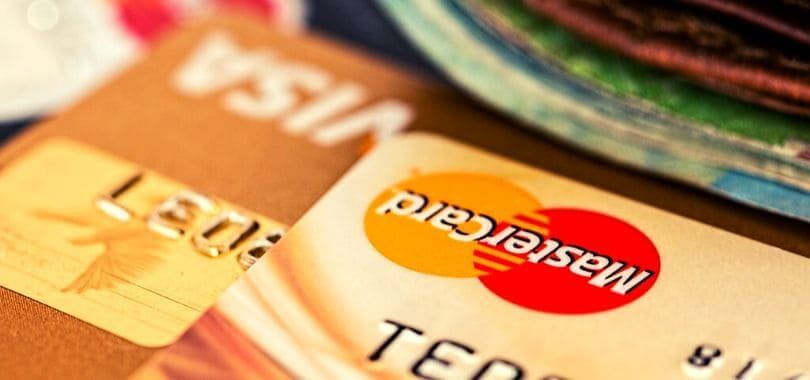A common worry among most college-bound students and families is their finances. The cost of college has risen dramatically in the past years and hunting for scholarships and deciphering financial aid can be tough. Then there are the smaller scale questions of how they actually pay for their everyday purchases. Will their home banking still be adequate? Should they use student banking at their college? Do they need debit and credit cards? Is one enough? All of these questions are dependent on each student’s situation. However, a common myth is that college students do not need or should not have their own personal credit card. This may be true for some, but if your college student is responsible and eager to have control over their finances, a credit card can be an excellent tool for establishing a good foundation for financial literacy and building credit.
Why is a credit card a good idea?
With proper guidance from parents about the responsible way to use a credit card, students can set themselves up for a lifetime of good financial habits. Using a credit card offers a wealth of knowledge about how spending affects your everyday life. When you use your credit card in a smart way and pay the balance off every month, it has a positive impact on your FICO score (more on that later.) If you fall into the trap of using a credit card when you don’t really have the funds, it will be clear that the interest will cause your debt to pile up and make it harder to climb out of.
You can build good credit.
Building good credit in college will result in a high FICO credit score and have many positive effects on the student when they graduate. A good credit score can result in having better access to apartments, lower insurance rates, and help separate you from other job applicants since more employers are using this tool to check candidates. Other benefits to using a credit card include cashback bonuses and fraud protection. For example, the student is browsing online for cheap textbooks. They find an amazing deal but are not familiar with the company. They order something and later realize it was a fraud.
Credit cards are typically more equipped to return your money in instances of fraud than your local bank when you used your debit card. Many cards are also offering cashback bonuses so when you make purchases, you get a certain percentage of that money back. So you can use a debit card without the perks, or spend the same amount, but also get some money back!
There are pros and cons to a student having a credit card in college, but it’s always important to explore every option available. Weigh the benefits against the risks and make an informed decision!
Interested in seeing what sort of financial aid you can get from the colleges you’re interested in? Enter your information into College Raptor and take a look!






